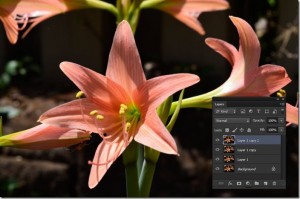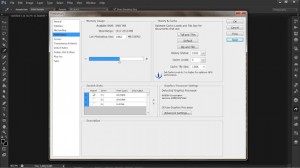Expend Your Piano Musical Knowledge
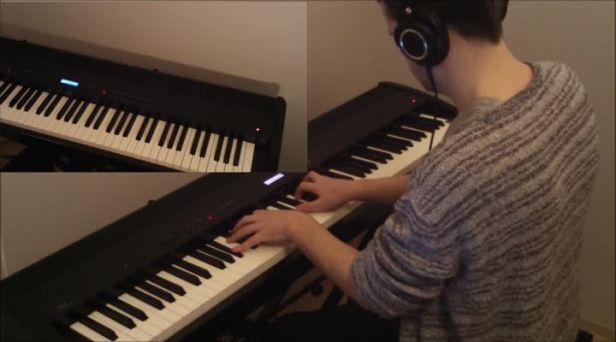
Welcome to the Pentagram Blog, this time we present you with a basic lesson of our Piano and Keyboard Course.
Before starting with your lessons, we will start with giving you some basic tips on how to play the piano and that will be very useful so that you do not get hurt and gain speed when articulating the notes.
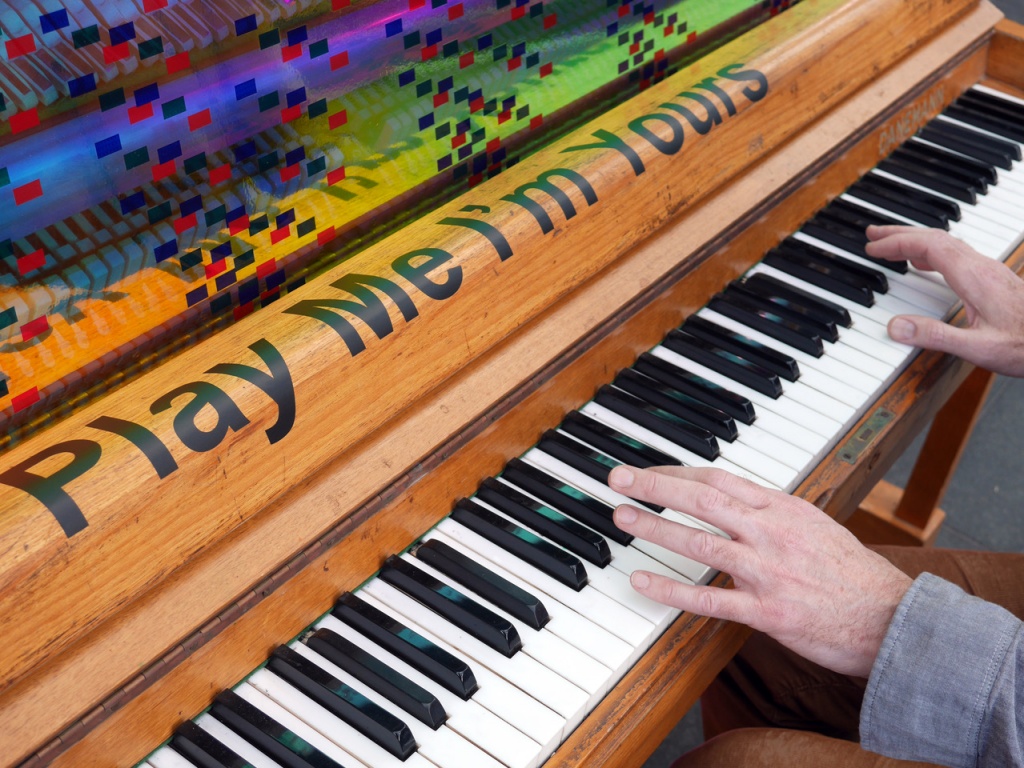
How to Articulate the Notes on the Piano
It is important to know that there is a technique to articulate the piano notes so we present these recommendations (review the video carefully so you can follow the example):
- First of all, check your position: as we saw in a previous video, it is important to review the swing of your hips and keep your shoulders down.
- Maintain the natural curvature of the arm, place your right arm falling free on the right side and then place it on the keys.
- The arm should be in a flat position from the elbow to the (watch the example in the video)
- It is important to know that the movement does not fall only in the hand, since the movement must start from the torso, making a pendulum movement
- Once your hand has the correct posture, drop your finger on the key.
- For the purpose of this basic exercise, raise your entire hand each time you touch a key
- Keep the stiffness in your finger until the moment you hit the key but you must immediately release it
- Remember that when you play longer passages you do not need to raise your hand on each note, only on the first attack
Follow these tips and you will avoid diseases that are common in those who start playing the piano or keyboard, such as tendonitis. If you still have any issues check this post how to learn jazz piano: A beginner’s guide.
His fingers glide wisely through the keyboard, hitting each note with confidence. The sweet but vehement sound of the piano singing the Nocturne Op.9 Nº2 of Chopin floods the study room and, delighted, closes his eyes to be drunk by the melody in E flat major. His head, balances to the beat of the music, and blesses for himself the day he decided to study this interesting art.
Yes, music is a specialty that can excite us and awaken our passions; a discipline whose execution requires, however, certain technical knowledge and, even, a pending subject for many fans of the genre. That is why, and for those who wish to live an experience similar to that described in the previous paragraph, that today we collect some services to expand your knowledge in the field and make your dream come true.
Before entering into major vicissitudes, now well, we must mention that our selection has room from resources for beginners, to more advance for those who want, for example, learn Harmony, History of Music and the like. Of course, there is no lack of websites to start sol fear and read scores, and other YouTube channels that will help you to compose your own works. But let’s go to the heart of the matter.
Musical
In the first place we are left with Musicalizes, a specialized blog that provides us with the most diverse material. For example, here we find from concrete anecdotes about a concrete portrait of Chopin, to scores that we can download for free, illustrative videos and even links to studies on personality and modulation.
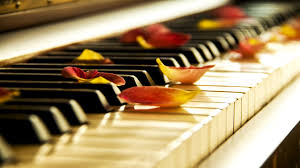
There is no lack of classes on arpeggios of different types and similar content. This, by the way, is organized through different labels. In the upper part of the site, we also find several categories such as Analysis, Theory and Repertory, in each of which it offers us the material it promises.
Also outstanding is the solfeggio course offered by, which even comes with a dictionary of specific terms and a section of downloads that include blank templates (pentagrams, paper, and tablatures) and even recommended bibliography. A complete selection that only Alina to the different levels that raises.
Thus, it has up to nine of them, which start from simple aspects such as the differentiation between sound and noise, the properties of the first, the notes and the compasses, to others such as the keys of improvisation, the transcription of themes, ways to other chords of functional harmony, modal interchange, cadences and others. One of our favorites


